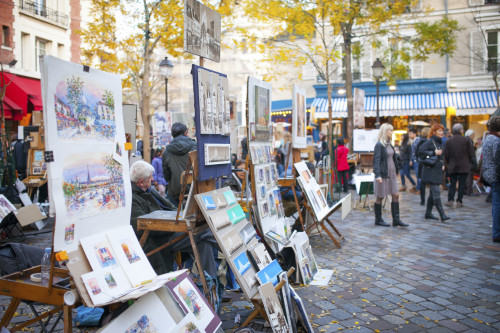There’s no such thing as a sure thing. Just ask Blair Walsh. Walsh is the kicker for the Minnesota Vikings who was set to kick a field goal that was a “sure thing” with just 22 seconds left in a playoff game against the Seattle Seahawks. A 22-yard kick for a professional kicker is a chip shot. They can make them in their sleep.

All Walsh had to do was make the chip shot field goal and the Minnesota Vikings would have won the game and gone on to the next round of the playoffs. To miss it would mean a heart breaking end to the season. But there was no way that could happen. This was, after all, a sure thing.
You could tell that the Seahawks had pretty much given up. All they could do was offer up a prayer, go through the motions of the play, and hope against hope that somehow, some way Walsh would inexplicably miss the field goal. Their entire playoff life rested on this one kick. They were all but making their golf reservations for Monday.
Blair Walsh missed a sure thing.
The ball was snapped. The holder set the ball down with the laces facing the kicker (a big no-no for a holder). Walsh took three steps. He kicked the ball.
The football flew to the left of the goal post. Walsh immediately knew he had missed it. He hung his head. The game ended. Walsh walked off the field all by himself. Later, he was interviewed by reporters and held up pretty well. He answered all the questions and took complete blame and responsibility.
Then he went back to his locker and sobbed.
Who could blame him? The hopes and dreams of a whole team, an ownership group, and an entire fan base who haven’t ever seen their team win a Super Bowl rested on him. And he missed what was supposed to be a sure thing.
But (outside of God Himself) there’s no such thing as a sure thing. This is a world filled with uncertainty. Just ask an investor. Ask a teacher. Ask a dieter. Ask a goal-setter. Ask a Minnesota Vikings fan.
There’s no such thing as a sure thing. But there are proper ways to respond when the “sure thing” fails, falls through, or ends up in a way that no one expected:
- Learn from it. If you’re not learning, you’re not living. Blair Walsh is certainly learning many lessons from this debacle. He will practice harder. He will know better how to deal with defeat when it comes along again. He will better know how to speak to reporters in both good times and bad.
- Don’t suppress your emotions. Blair Walsh, a grown man, was crying at his locker after his missed kicked ended his team’s season. Some may have criticized him for doing so, but no one could argue with the way he was feeling. After a life changing event, it’s OK, even recommended, to express one’s emotions. To suppress them, or hold them in, has the potential for doing damage to one’s own psyche. Let it out. Let it go. Don’t be afraid to be who you are and to express your emotions in a way that makes you feel better (within reason).
- Move on. There will come a point probably in the very near future, when Blair Walsh will have to move on. He can’t live under the cloud of this one missed kick forever. He will have to continue to earn a living as a professional football player for as long as he can. And when that’s no longer possible he will have to move on into another career or station in life. Life will go on. Blair Walsh will be a better person for it.
How would you respond if you missed what is supposed to be a sure thing?









